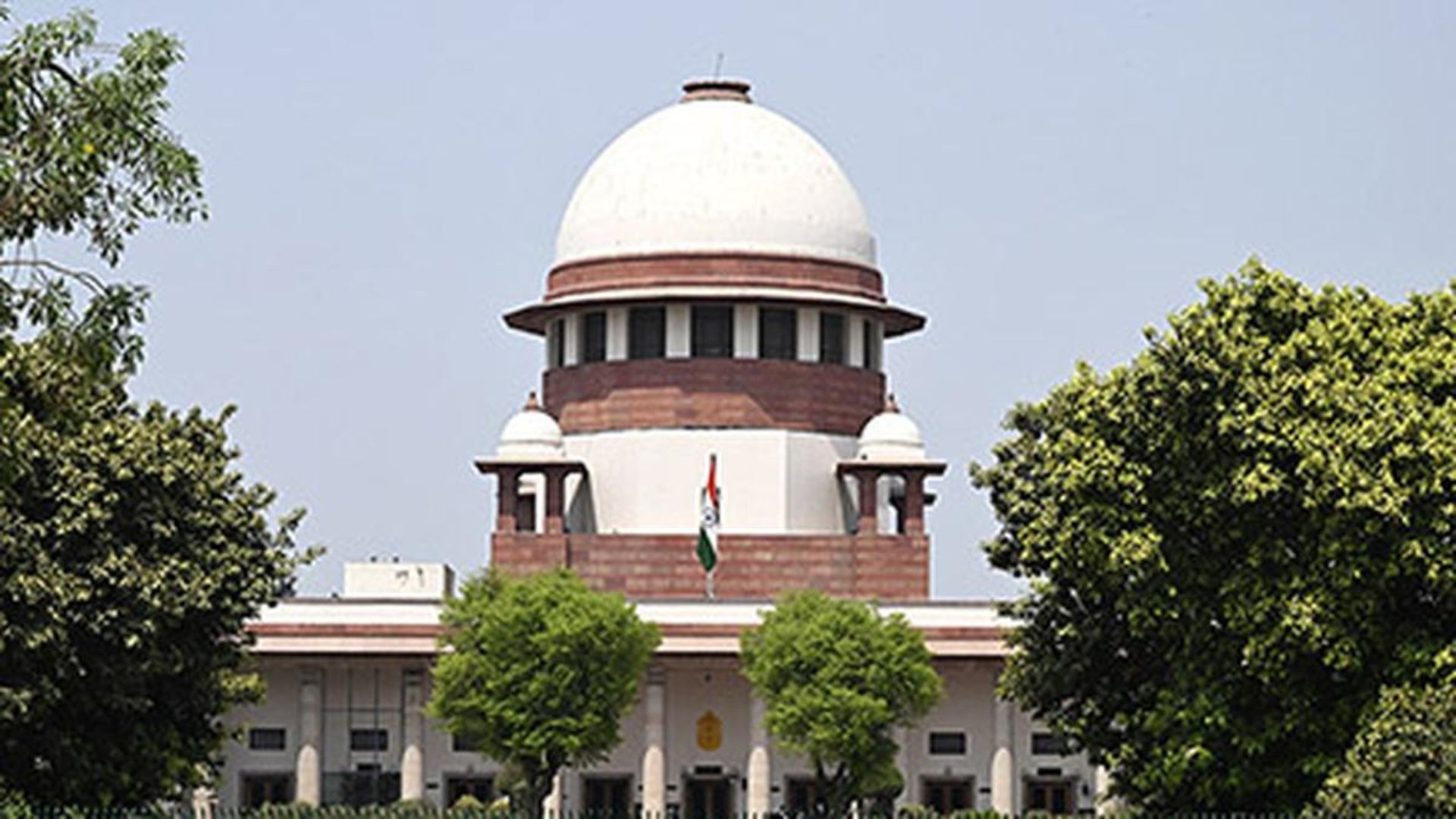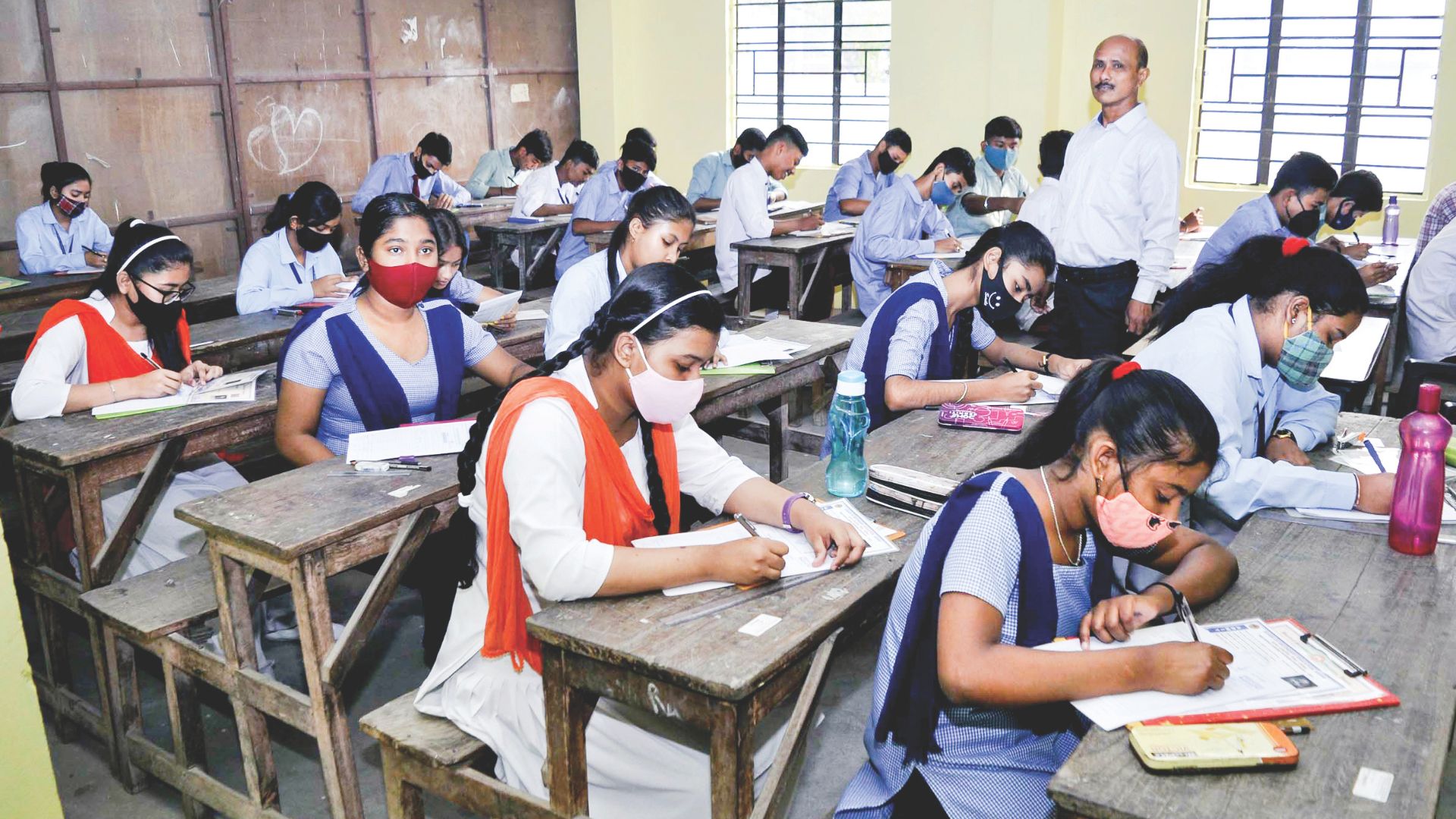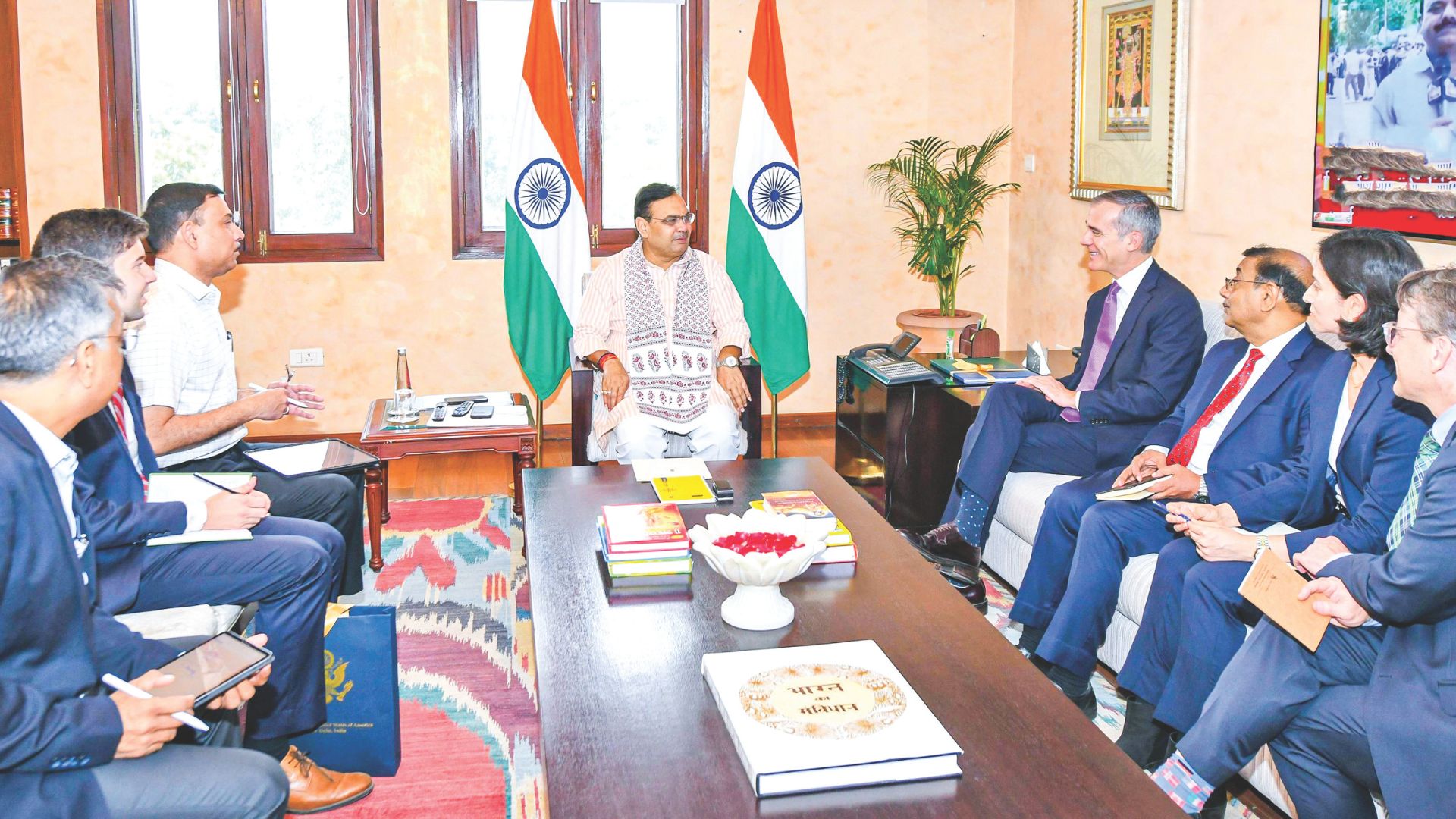
On Thursday, the Supreme Court ruled that state governments can now create subclassifications within the Scheduled Castes (SCs) and Scheduled Tribes (STs) for preferential reservations, potentially reshaping reservation policies for marginalized communities. This landmark decision allows states to target benefits more precisely toward the most disadvantaged subgroups within these categories, provided they base their classifications on empirical evidence and rational criteria.
The ruling was delivered by a seven-judge Constitution bench with a 6-1 majority, overturning the court’s 2004 decision in the EV Chinnaiah case, which had previously deemed subclassification within SC/STs impermissible by treating these groups as homogenous. The verdict emphasizes that SCs are a socially diverse class and allows for further classification if there is a rational principle and a clear connection to the purpose of subclassification.
Chief Justice of India Dhananjaya Y Chandrachud, along with Justices BR Gavai, Vikram Nath, Pankaj Mithal, Manoj Misra, and Satish Chandra Sharma, formed the majority. Justice Bela M Trivedi dissented, upholding the 2004 Chinnaiah ruling. The bench produced six separate opinions, with CJI Chandrachud and Justice Misra writing one, and the other justices issuing their own concurring views.
Notably, one concurring judgment suggested applying the “creamy layer” concept—previously used for Other Backward Classes (OBC)—to SC/ST reservations, aiming to exclude economically well-off individuals from quota benefits. Another opinion proposed limiting reservation benefits to one generation.
Justice BR Gavai, supported by CJI Chandrachud and other majority justices, emphasized the need for a policy to identify and exclude the “creamy layer” within SC/ST categories to ensure real equality as outlined in the Constitution.















